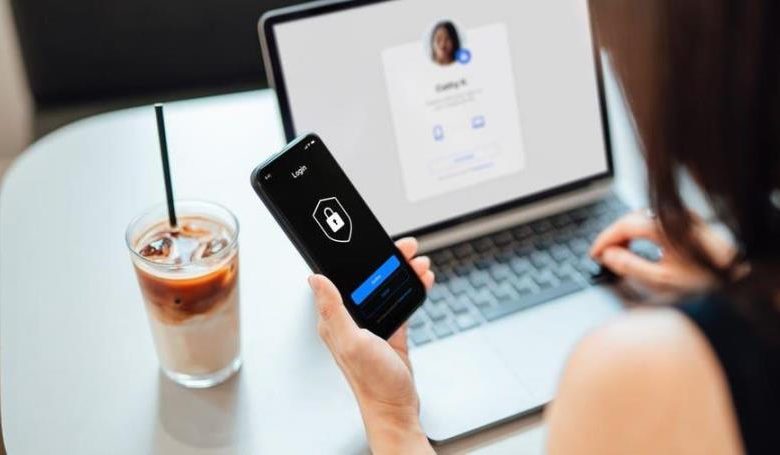How to Protect Yourself from Identity Theft and Financial Fraud

How to Protect Yourself from Identity Theft and Financial Fraud
Understanding the Risks
What is Identity Theft and Financial Fraud?
Identity theft refers to the unauthorized use of someone’s personal information for fraudulent purposes, such as applying for loans, credit cards, or making unauthorized transactions. Financial fraud involves deceitful activities that aim to deceive individuals into giving away their money or sensitive information, like phishing scams or fraudulent investment schemes.
Why is Identity Theft and Financial Fraud a Concern?
Identity theft and financial fraud can severely impact your finances, credit score, and overall well-being. Victims often face a lengthy and complicated recovery process, including reclaiming their stolen identity, repairing their credit, and dealing with the emotional distress caused by the violation of privacy.
Protecting Yourself
Use Strong Passwords and Enable Two-Factor Authentication
Creating strong, unique passwords that include a combination of letters, numbers, and special characters is crucial. Using a password manager can help you manage multiple complex passwords securely. Enabling two-factor authentication adds an extra layer of security by requiring a second verification step, usually through a text message or authentication app.
Regularly Monitor Financial Statements and Credit Reports
Reviewing bank accounts, credit card statements, and other financial records regularly can help you detect any suspicious activity or unauthorized transactions. Additionally, monitoring your credit reports from major credit bureaus allows you to detect any fraudulent accounts or inquiries opened under your name.
Protect Your Personal Information
Avoid sharing personal information, such as your Social Security number, bank details, or passwords, through email or unsecured websites. Be cautious when filling out forms online and only provide sensitive information on secure websites with proper encryption.
Shred Sensitive Documents
Before disposing of any documents containing personal or financial information, ensure they are properly shredded. This includes documents like bank statements, credit card statements, medical records, and old bills. Shredding prevents dumpster divers from accessing your sensitive data.
Be Wary of Phishing Attempts
Phishing scams involve fraudulent emails or messages designed to trick you into revealing sensitive information. Be cautious of suspicious emails asking for personal information or directing you to click on unfamiliar links. Always double-check the sender’s email address and look for any spelling mistakes or unusual requests.
Secure Your Wi-Fi Network
Set a strong password for your home Wi-Fi network to prevent unauthorized individuals from accessing your network and potentially intercepting your sensitive information. Additionally, ensure that your wireless router is using encryption, such as WPA2, to protect your data during transmission.
Frequently Asked Questions (FAQs)
Q: What should I do if I suspect identity theft or financial fraud?
If you suspect identity theft or financial fraud, it’s important to act quickly. Contact your financial institution to report any unauthorized transactions, change your passwords, and consider placing a fraud alert or freezing your credit with the credit bureaus for added protection. Additionally, file a report with your local law enforcement agency and report the incident to the Federal Trade Commission (FTC) through their website.
Q: Is it safe to use public Wi-Fi networks?
Using public Wi-Fi networks can pose a risk as they are often unsecured, leaving your data vulnerable to hackers. Avoid accessing sensitive information, such as logging into your bank accounts or shopping online, while connected to public Wi-Fi. If necessary, consider using a virtual private network (VPN) for encryption and added security.
Q: How often should I check my credit reports?
Monitoring your credit reports regularly is essential. You can request a free credit report from each of the three major credit bureaus (Equifax, Experian, TransUnion) once a year through AnnualCreditReport.com. To stay vigilant, consider staggering your requests so you can review one report every four months. Additionally, utilizing credit monitoring services can provide continuous updates on any changes to your credit profile.
Conclusion
Protecting yourself from identity theft and financial fraud requires proactive measures such as using strong passwords, actively monitoring your financial statements and credit reports, and being cautious of phishing attempts. By staying informed and implementing these practices, you can reduce the risk of falling victim to identity theft and financial fraud. Remember, prevention is key!



